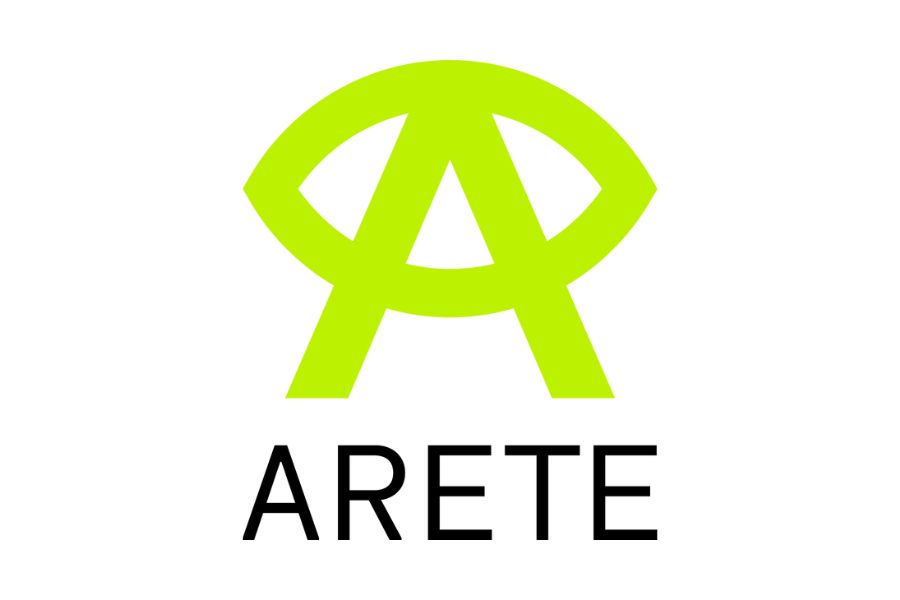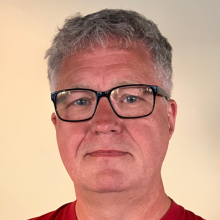Project Name: AUGMENTED REALITY INTERACTIVE EDUCATIONAL SYSTEM
Open Call Topic(s): Sustainable digitalisation
Description
The ARETE project aims to support the pan-European interactive technologies effort both in industry and academia through the multi-user interactions within Augmented Reality technologies evaluated in education in both professional and private contexts. The authoring tool used within ARETE and the provision of access to the AR content developed for the broader community of users within the EU will increase the European innovation capacity in AR. The objectives of the project are the following:
- Objective 1: To develop and evaluate the effectiveness of an interactive AR content toolkit. ARETE will ensure that an interactive AR content toolkit will be developed to create 3D objects based on AR standards. ARETE toolkit will design and implement the AR/3D data repositories for storage and retrieval during the project's lifespan and beyond. ARETE will create standards-compliant AR/3D data infrastructures for educational purposes to ensure applicability, reproducibility, interoperability, accessibility and sustainability.
- Objective 2: To apply human-centred interaction design for the ARETE ecosystem (linked to WP3 & WP5). ARETE will identify, update and integrate, on an ongoing basis, user-based insights into designing and developing AR content for the pilot studies. The interaction design within ARETE will enable different stakeholders to use the AR technology via the ease and positive experience for meeting their needs, preferences, and goals, leading to its high adoption and stimulating its creative uses.
- Objective 3: To pilot and evaluate the effectiveness of AR interactive technologies (linked to WP4, WP5 & WP6). The ARETE ecosystem, which comprises AR emerging technologies, a main platform, a training platform, a mobile app and a multi-lingual interface, will be piloted. Students and EU citizens (i.e. 3000+ in EU member states) will participate in four different pilot studies. The ecosystem will be piloted at the “γ-phase”, focusing on assessing the impact of the AR content within professional and private contexts (students, teachers, educational technologists). Stakeholders will utilise the effectiveness of the ecosystem through the evaluation of specific skill sets and behaviours (STEM, English literacy skills, and impact of Positive Behaviour Support in Schools – PBIS).
- Objective 4: To communicate, disseminate and exploit the project results (linked to WP1, WP6 & WP7). ARETE promotes project awareness and progress details to wider and targeted markets. In this light, a scientific, societal and economic-focused dissemination and market outreach campaign is well-formulated. In this context, we adopt a three-phase dissemination and market out-reach approach to achieve this objective for take up beyond the life of the project. The standardisation is progressing along multiple fronts within the project, and since the kick-off meeting, it had a focal point, including a CEN/Cenelec workshop agreement being granted and a CEN Workshop granted for kick-off 9th of September 2022.
Reason for applying to HSbooster.eu services
The consortium is applying for the Standardisation Booster service in order to propose new standardisation items to a technical committee (advice will be needed on the identification of which of the committees would be more suitable to address the outcome of our CEN Workshop agreement as an outcome of the ARETE H2020 project.
We seek for practical guidance to assess the standardisation readiness of project results and match them up with standardisation experts who can guide the project on how these results can feed into standardisation working groups or technical committees.
The Coordinator (Prof. Mangina) is also considering applying for the initiation of a new WP under IEEE Standards but professional advice is needed on whether this is the best route or whether to seek new items inclusion within existing standards. For example, neither ARLEM nor LOM have an associated metadata structure for ethics metadata in XR experiences and Learning Objects' current metadata, respectively.
Main Standardisation Interests
The standardisation is progressing along multiple fronts within the project, and since the kick-off meeting, it had a focal point, including a CEN/Cenelec workshop agreement being granted and a CEN Workshop granted for kick-off 9th of September 2022: CEN Workshop on "eXtended Reality (XR) for Learning and Performance Augmentation". (WP3: D3.6 Report on the standardisation landscape and applicable standards; WP7: Task 7.4 Development of AR Learning Objects’ Interactivity Standards)
https://www.cencenelec.eu/news-and-events/news/2022/workshop/2022-05-30_xr/
Virtual and Augmented Reality, often subsumed under the term ‘eXtended Reality’, are approaching a level of maturity, affordability, and public mindshare, where explosive growth can be expected, with high expectations for a new major wave in Personal Computing. These technologies offer an alternative sensory experience to reality, like fully-immersed or augmented views of the real world. The role of these technologies for learning and as performance aids is evident, quite likely affecting the future of education and the future of work significantly. Current standardisation relevant to learning and performance augmentation with XR technologies is scarce and incomplete, with existing work scattered across standardisation organisations and committees. For this reason, we established this workshop to perform as an observatory and as a springboard for concertation, drawing together the work in a workshop agreement.
The workshop will aim to draw up a comprehensive set of specifications relevant to the creation, delivery, and deployment of XR learning experience, including proposals related to sharing of XR-enriched learning activities and 3D Augmented Reality learning objects. Where appropriate, the workshop agreement will link with existing work in CEN/CENELEC and other standards bodies. The CEN Workshop Agreement will define common methodology and detail techniques, technologies, interoperability specifications, and practice agreements or policies that should be employed (e.g., authoring toolkit, educational analysis technique, and device management) to advance knowledge exchange and facilitate competence development in heterogeneous application contexts.
Project Acronym: ARETE

Grant Agreement Id: 856533
Start Date:
End Date:
Programme: H2020-EU.2.1.1. - INDUSTRIAL LEADERSHIP - Leadership in enabling and industrial technologies - Information and Communication Technologies (ICT)
Call for proposal: H2020-ICT-2018-20
Funding Scheme: RIA - Research and Innovation action



